News
Say goodbye to social media
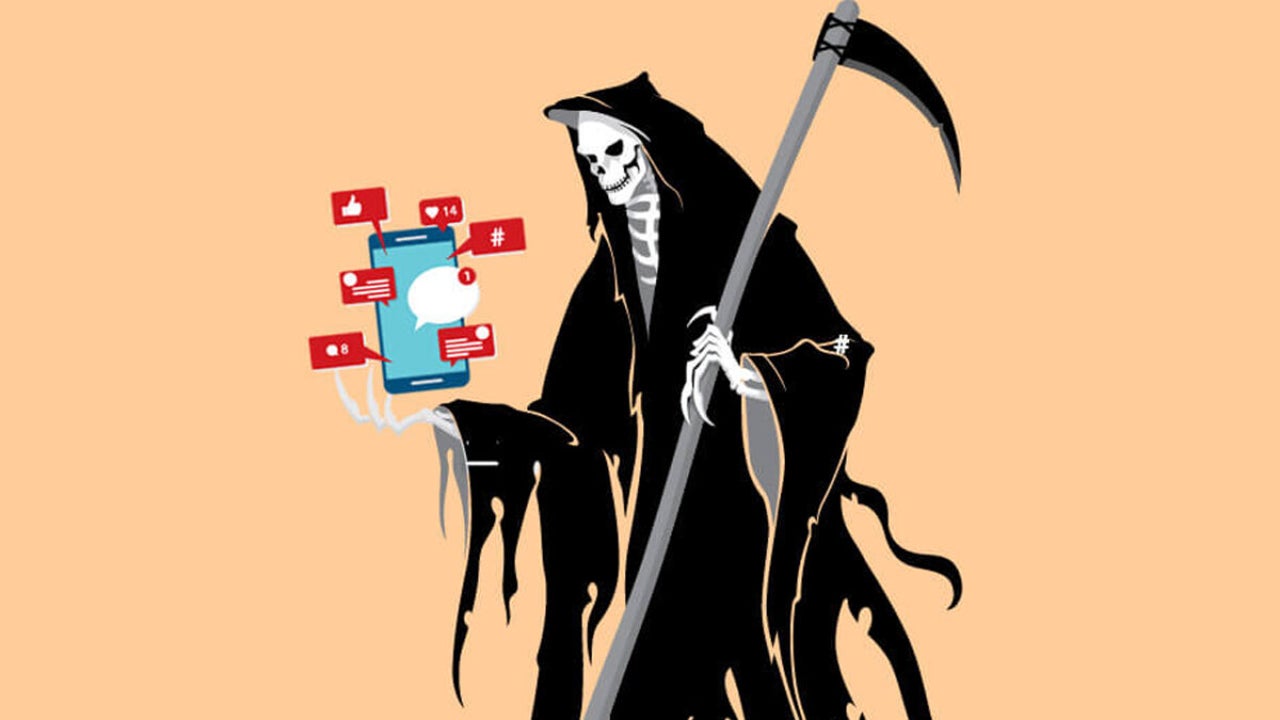
- November 14, 2022
- Updated: March 7, 2024 at 4:27 PM

Social media is a term that, today, has a very loosely-defined meaning. It refers to a class of apps, such as Facebook, Instagram, and Twitter, designed to keep us connected, but as the social mediums of the past changed, so too did the meaning of the word. In the article that follows, we’ll explore the rise and current fall of social media. We’ll also briefly touch upon the dangers that these apps pose and how society has become so fully engrossed in social media.
You take the blue pill, and nothing changes. Then, You carry on posting, mindlessly scrolling, and experiencing the short-lived but constant supply of dopamine that social media feeds you. You take the red pill, and you wake up. You learn what it means to communicate again. From there, you rediscover what it means to be alive – truly alive, not alive but stuck in a virtual fantasy nestled atop a slowly crumbling house of cards. So, what will it be?
What is a social network?
In its simplest and earliest expression, a social network is a way to combine your list of close connections with someone else’s list of close connections so that you both gain a larger list of connections, albeit not always as close as the former. A non-digital social network could be you introducing your group of friends to another friend’s group of close friends. Somewhere in the chaos, new connections are bound to develop, such as strengthening the bonds within the new social network. That’s literally all there is to it.
Of course, we live increasingly more digital lives these days. And social media, in digital terms, has come to mean so many things to so many people that it’s lost its original meaning. However, given the current climate of the social media industry, we needn’t quibble over terminology.

How did humanity become so addicted to social media?
It happened slowly, like bringing a frog to a boil so slowly that it doesn’t realize it’s burning – until it’s too late. Social media was born out of a desire to connect people to each other more effectively – and for a while, this is exactly what early social media did. Back in the day, content meant satisfied if you pronounced it slightly differently, and social media was more about connecting with other people, not publishing mindless content.
For instance, one of the earlier utilities, Friendster, allowed people to connect their groups of friends to other people’s connections, thereby giving people gateways to friends of their friends’ friends. The purpose of social networks was to network socially with other people. This is a far cry from the trashy Instagram measuring contest that most social media has become.
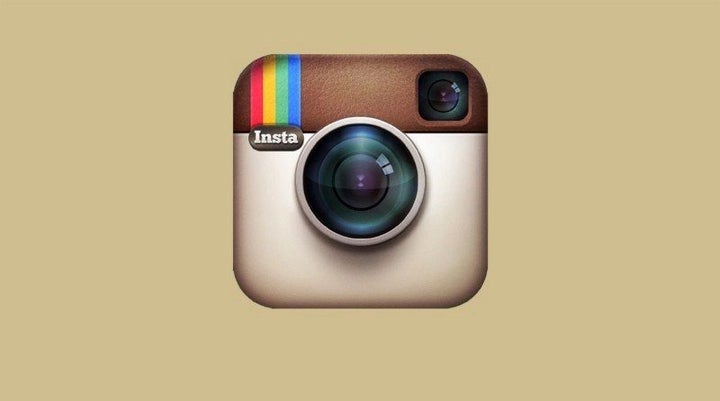
The age of social media addiction and the decline of social networking began with the release of Instagram in around 2009. Let’s be clear; Instagram, as it was envisioned by its original creator, Kevin Systrom, was very different from how it’s turned out. Basically, Instagram was meant to allow people to share their experiences with their friends through video and photos, but that was pretty much it. The dumpster fire, political, virtue signaling, toxic, influencer nature of the app is primarily thanks to our greedy friends at Facebook – now Meta. Meta is not to be confused with the Metaverse, Zuckerberg’s misguided attempt to lure humanity into a future that he solely controls.
Ugliness aside, the launch of a media-sharing platform like Instagram catapulted us into a world where the average human isn’t just experiencing broadcasted media but is actually themselves a broadcaster. This would likely have turned out fine if Systrom was left to manage the app himself. Instagram, formerly called Burbn, would have continued operating at a loss, gained popularity, lost popularity, and inevitably lost humanity’s interest.
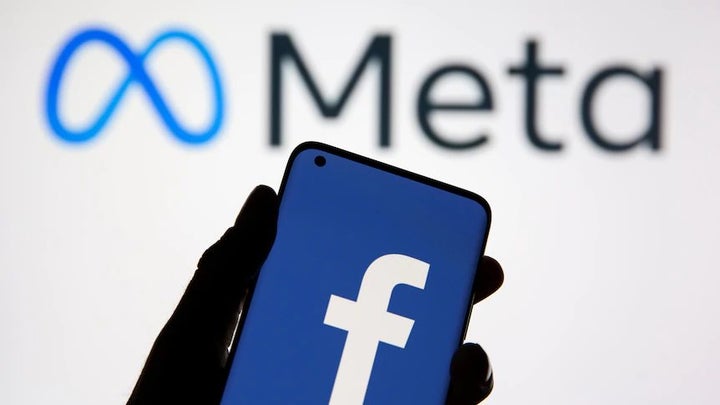
Fun Fact: Facebook has always been in the business of collecting user data and buying other platforms. Its founder, the powerful Zuck, has a historic propensity for calling his app’s users ‘dumb f***s’. User data is money because whoever controls user data, has access to the likes, dislikes, desires, and secrets of whoever uses their app.
This is power over entire countries that can be sold to threat actors for a massive profit. Any social media platform that tells you it isn’t interested in your data is lying to you. Data drives the algorithm, which drives your engagement, which drives the type of data that is collected, which drives the algorithm, and so it goes until you’re left with a system that knows you better than you’ll ever know yourself and thus has power over you. Is that really the kind of future you want?
When Facebook gets a hold of another platform, the first step is to make it profitable. This means ads, lots of ads. It also means finding ways to boost engagement which boosts data collection, which boosts engagement, and so on. The more engagement, the more money.
In any case, the tide change from the average human simply reading or watching to actually creating ‘content’ has landed us where we are today.
The current social media climate
Where we are today is at a crossroads. This takes us back to the red pill/ blue pill statement from before. Social media in its current iteration is primarily comprised of people doing either stupid, dangerous, provocative, illegal, or downright disgusting things for ‘clout’ – or social media exposure.
This is because more followers, likes, views, and comments typically means more chance at becoming that rare thing; a social media influencer. The fact that we call these people influencers should already be a red flag of note. That literally means that we accept that their actions, opinions, and biases are meant to influence the masses. These influencers have already had some mark on society in the past, such as in the US presidential elections of 2016.
Social media is in a state of disarray right now. We live in a time where Zuck is complaining that Facebook is losing money because people of a certain demographic are dying. The rest of the social media extended universe is calling Facebook an old folk’s home, Twitter is in an inherently unstable liminal space at the moment, TikTok, a Chinese app, seems to be brainwashing western children with insipid dances and vapid influencers while in China, the app is reportedly used to educate children on how to live healthier lives.
It’s as if this entire effort has been a massive social experiment. The experiment has failed, for the average person at least. For corporations, however, this experiment has generated billions upon billions in cold hard cash – or cryptocurrency.
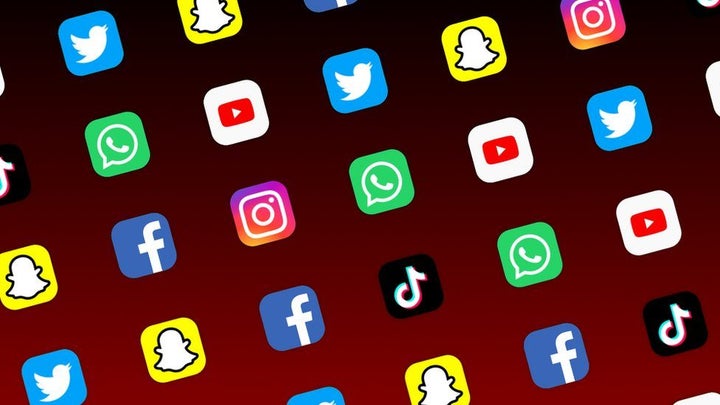
The anti-social social media movement
There’s a massive movement toward a disconnected life happening right now. Disconnected from social media, that is. Which, in turn, means more connected to each other. This is most noticeable amongst the generation termed Gen-Z. Gen-Z, while having grown up suckling at technology, are moving away from social media and toward healthier lives. Gen-Z, for the most part, realizes that you cannot be happy with yourself while being exposed to the fallacy that everyone else on social media has a more fulfilling life than you do.
In a larger proportion of people, social media usage and mental stability are mutually exclusive ideas. You’ll also find that the larger portion of people who are truly happy on social media have found a way to generate an income from it. The anti-social media movement is gaining traction by the day and is resulting in droves of people deleting their social media accounts or, at least, using social media less and less.
Where does it end?
This story ends with the inevitable demise of social media – at least in its current form. Every day, people are slowly realizing that they don’t need influencers; they don’t need the constant drip of dopamine that keeps them addicted to social media. People are waking up and realizing how much social media has taken over their lives. While there are good aspects to social media, a lot of these were lost when we moved from social networks to modern social media.
In order to remain a part of the human experience, social media needs to change. Unfortunately, or perhaps, fortunately, it won’t change. Tech billionaires are not likely to get less greedy, and the only way that social media could ever be healthy is if it became less about trying to make money at the cost of the freedoms and liberties of others – and that’s practically Meta’s bread and butter. We’ve seen how much money means with Meta cutting services and products and firing half its workforce. It’s also visible with Twitter saving on employee and infrastructure costs in the Musk era.
I want to end by saying that I’ve spoken a lot about addiction and stripping away people’s freedom. I understand that using social media is a choice we make ourselves, but we also need to understand that that choice isn’t always all that conscious. We are incredibly easy to influence, and social media is incredibly difficult to detox from.
I also admit that many people have found a way to coexist with social media in its current form. But we still shouldn’t have to. Social media should be a small part of the human experience. It shouldn’t completely take over our lives as it has in many cases.
Latest from Russell Kidson
You may also like

How to see the price per hour you pay for your Steam games
Read more

Shopping in ChatGPT: here is how it works
Read more
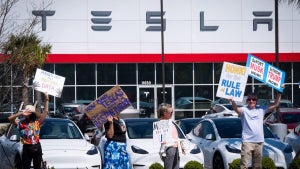
Tesla Faces Brand Perception Crisis Amid Consumer Skepticism
Read more

Electric Vehicle Sales Plummet Nearly 40% at Ford Despite Overall Sales Surge
Read more
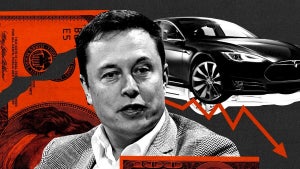
Tesla Discloses $2.4 Million Transactions with SpaceX and Other Musk Ventures
Read more

What is DLSS?
Read more